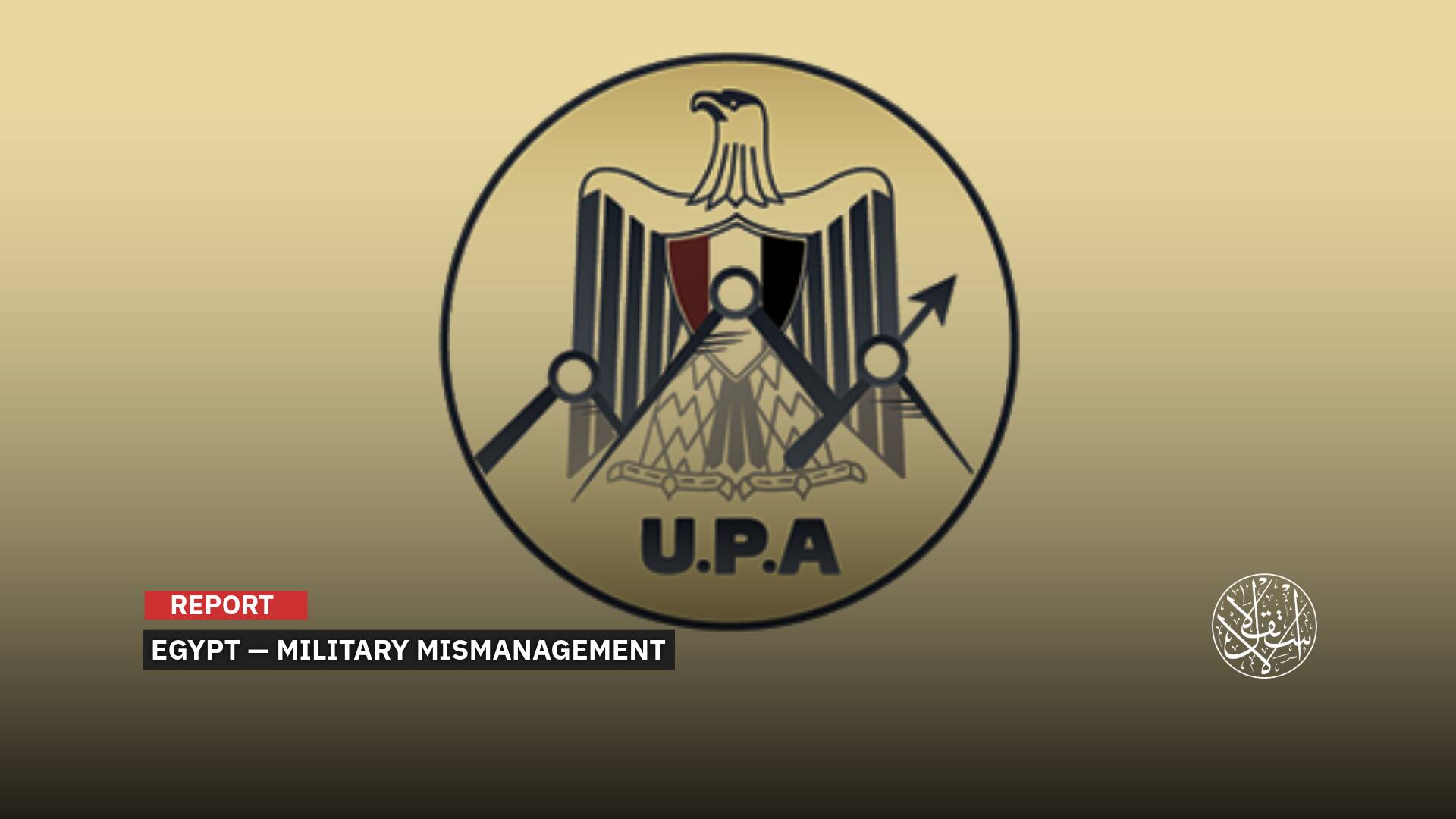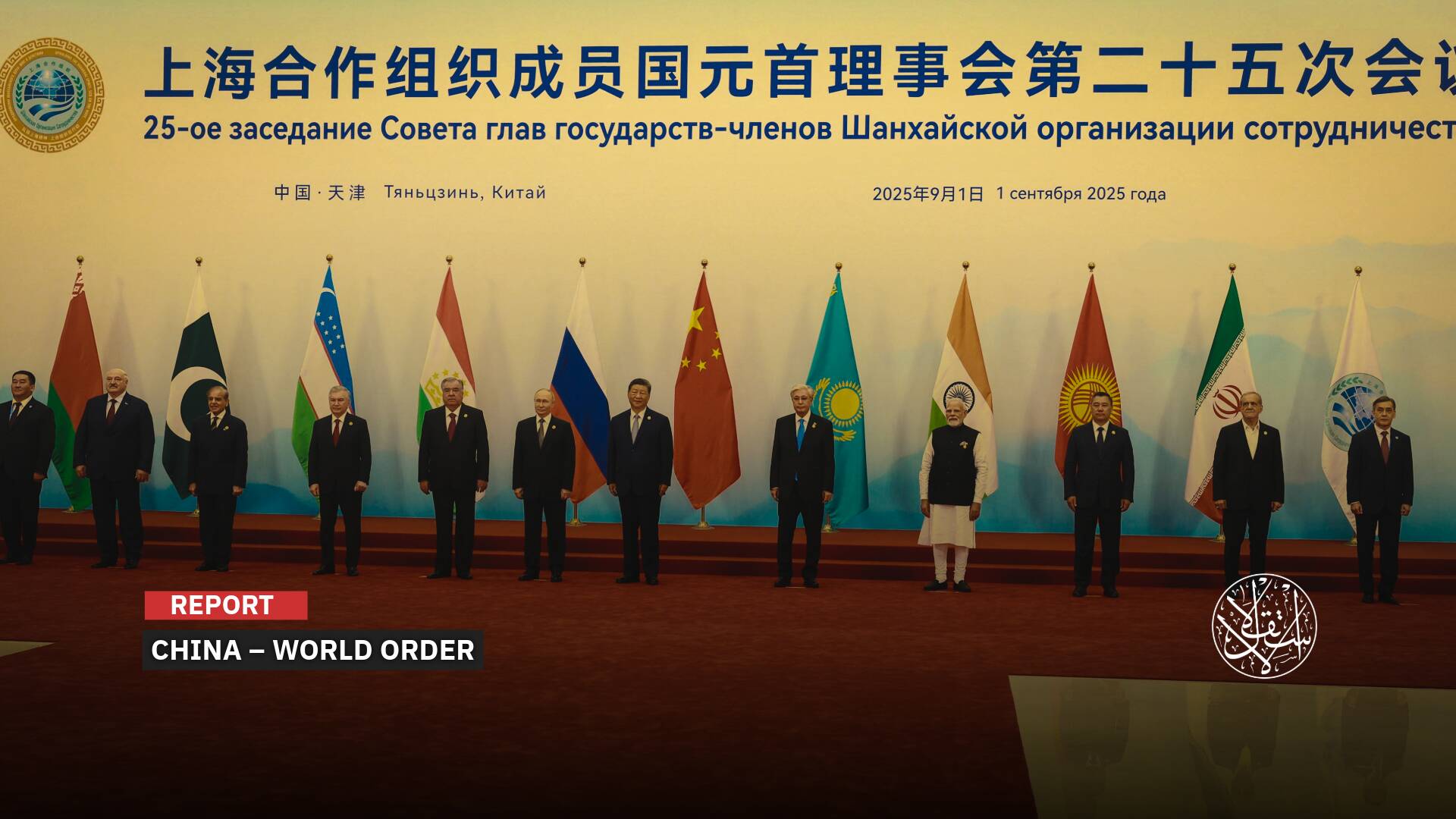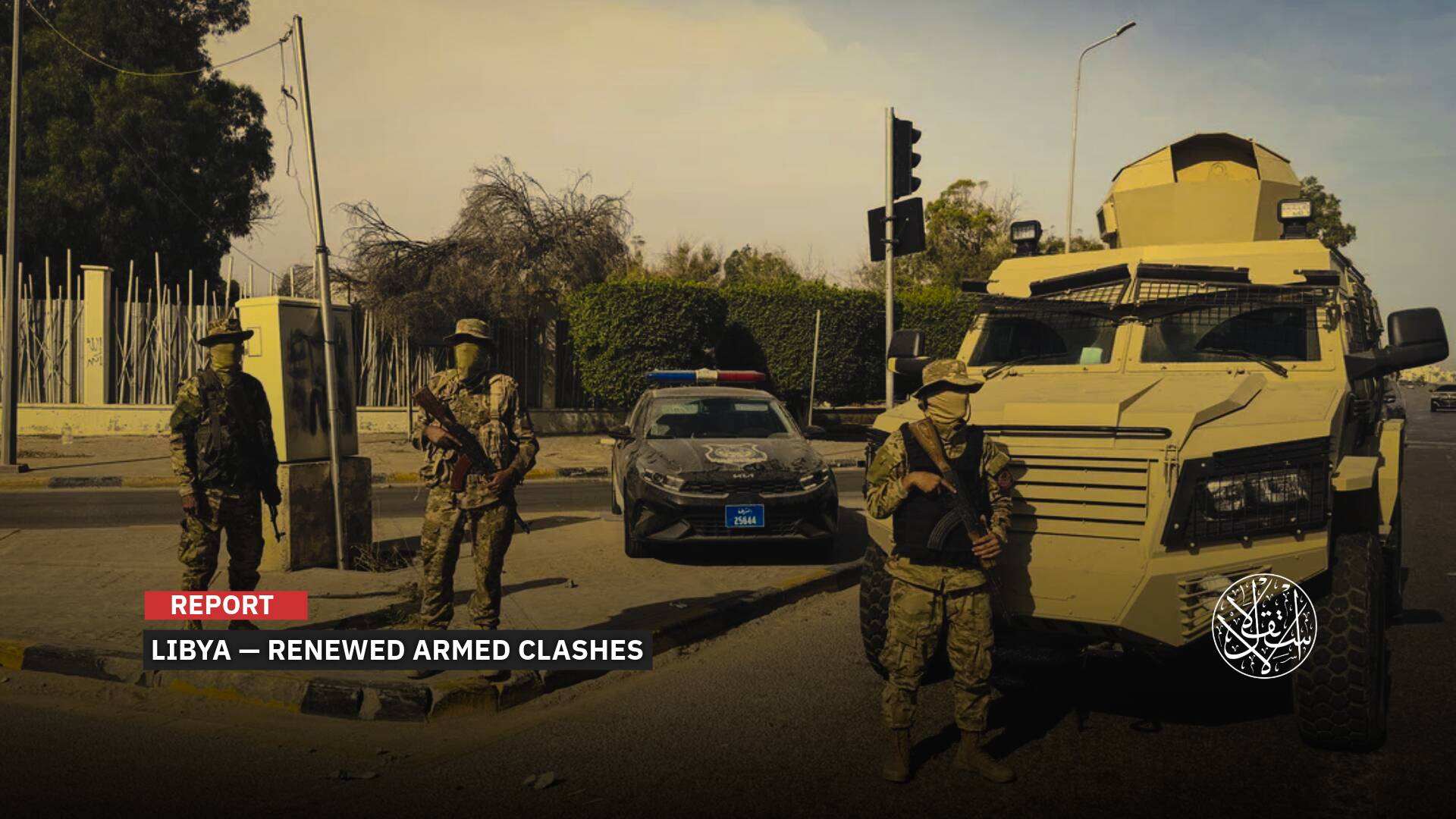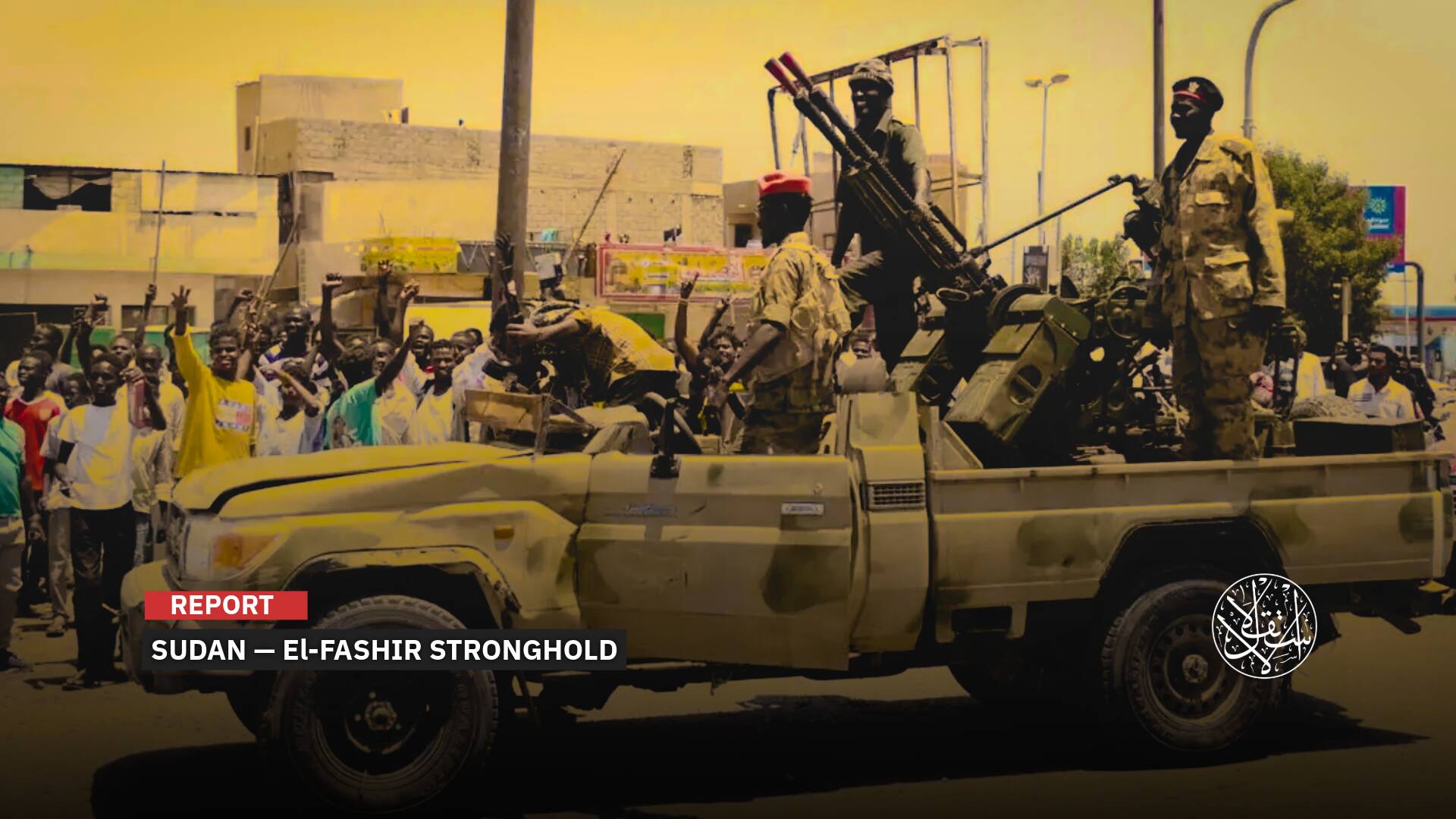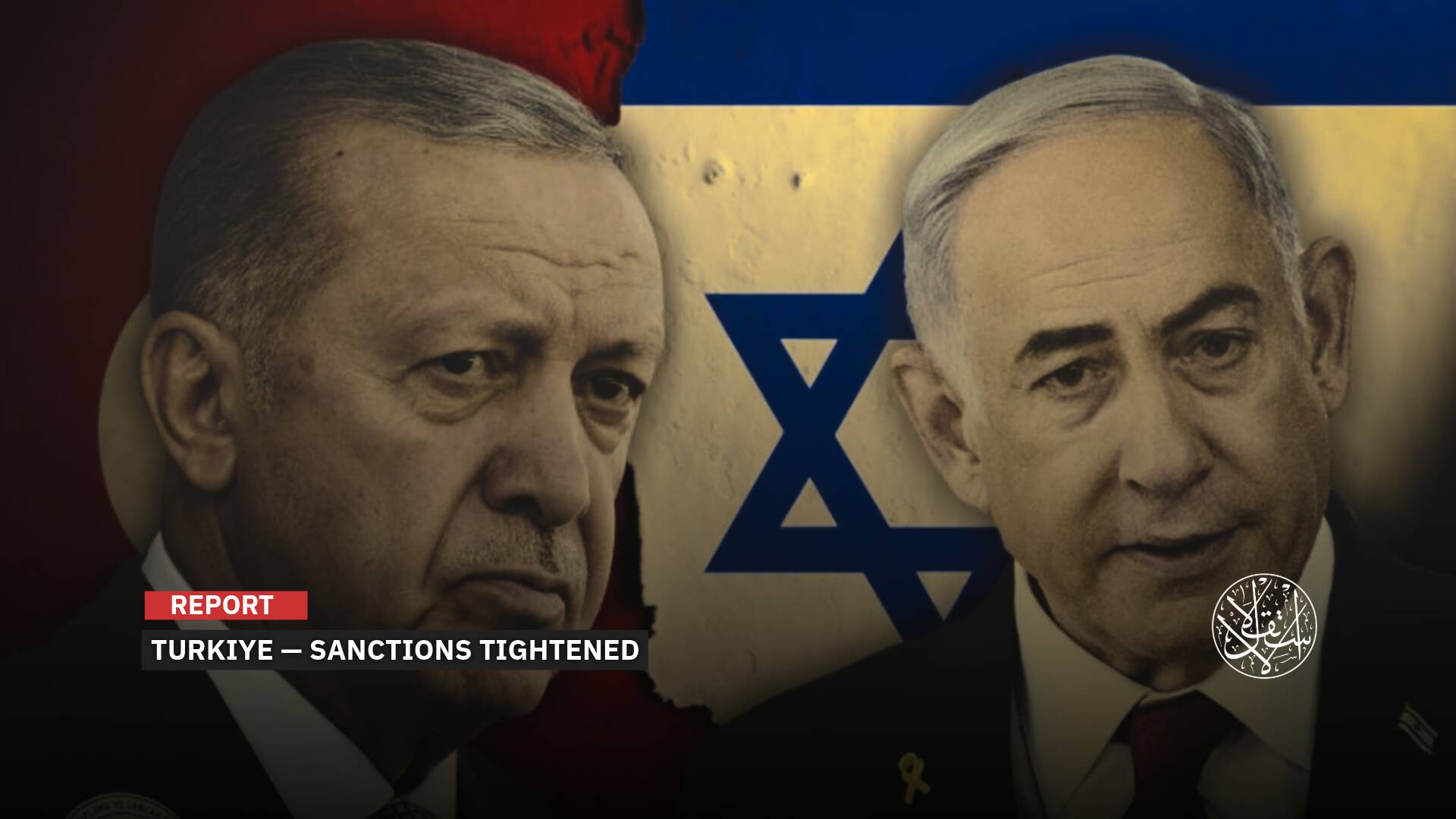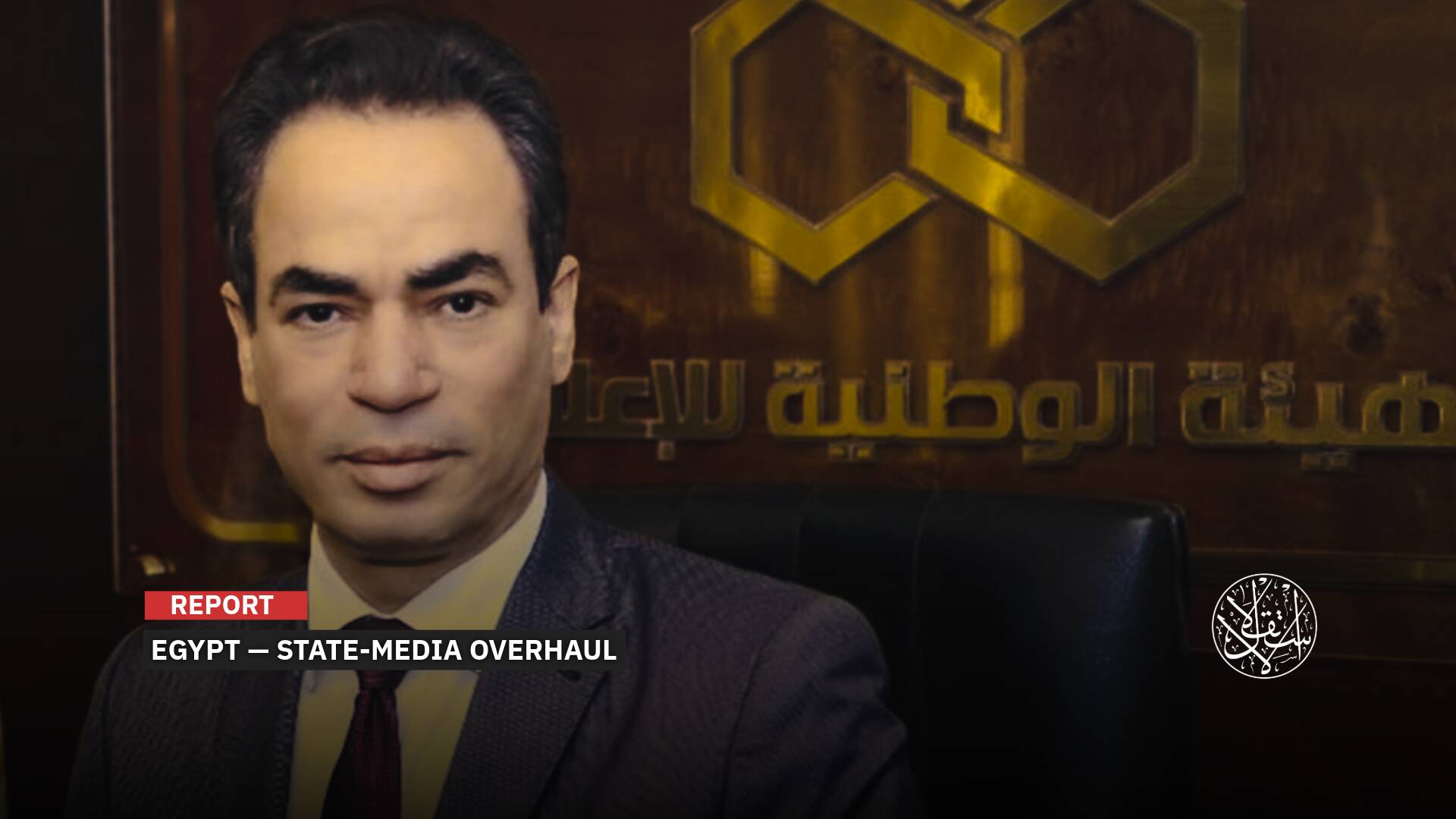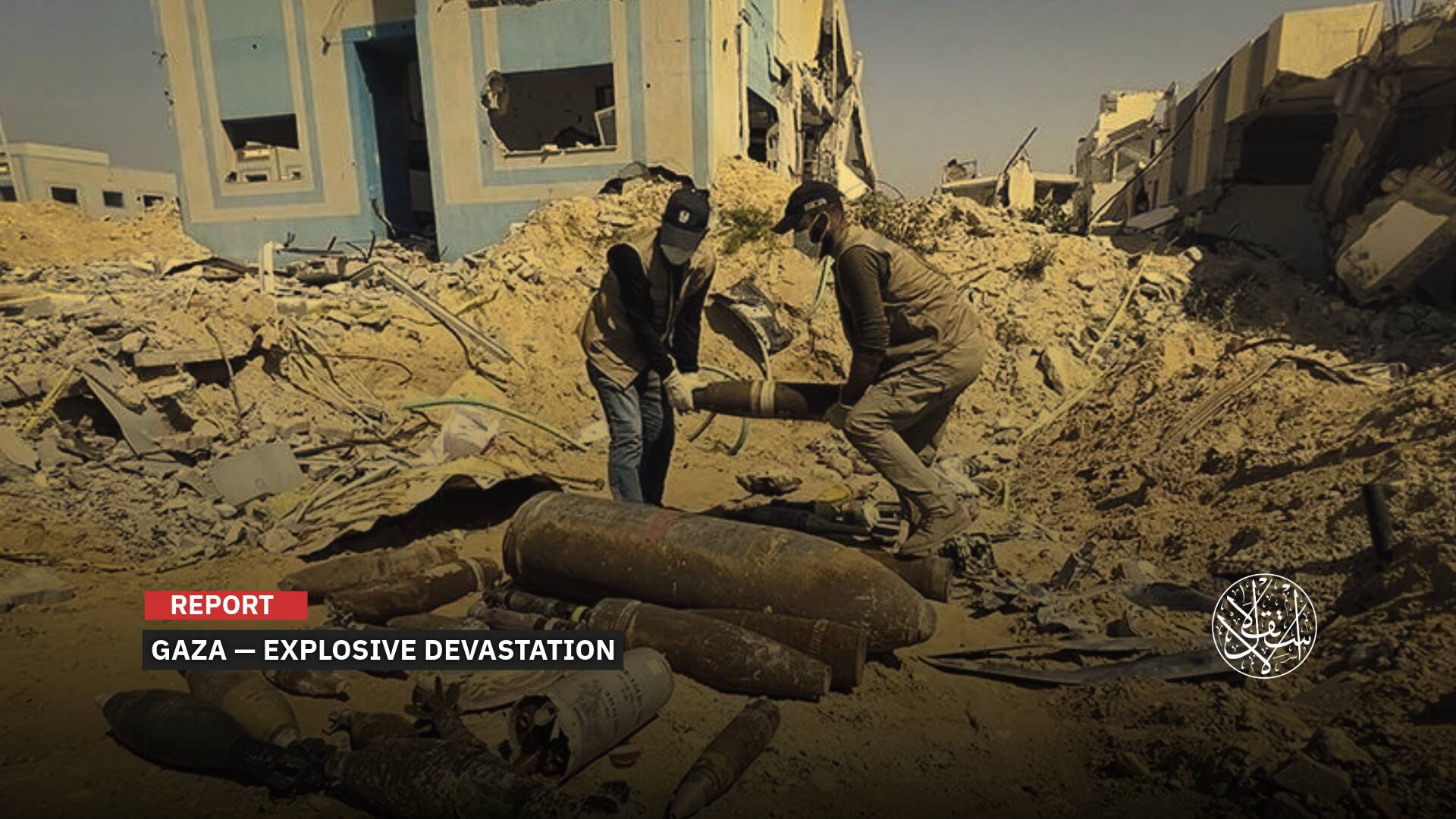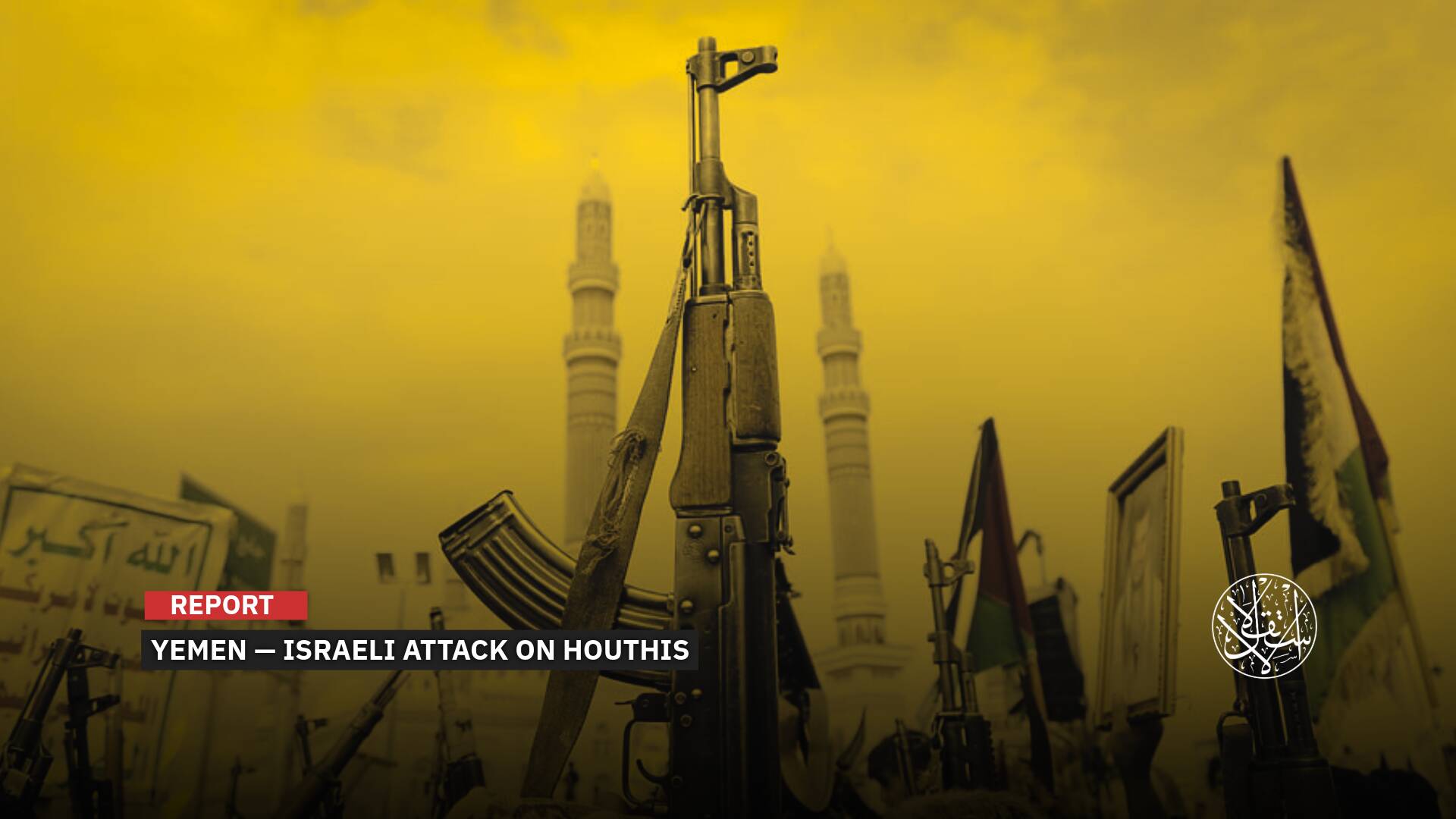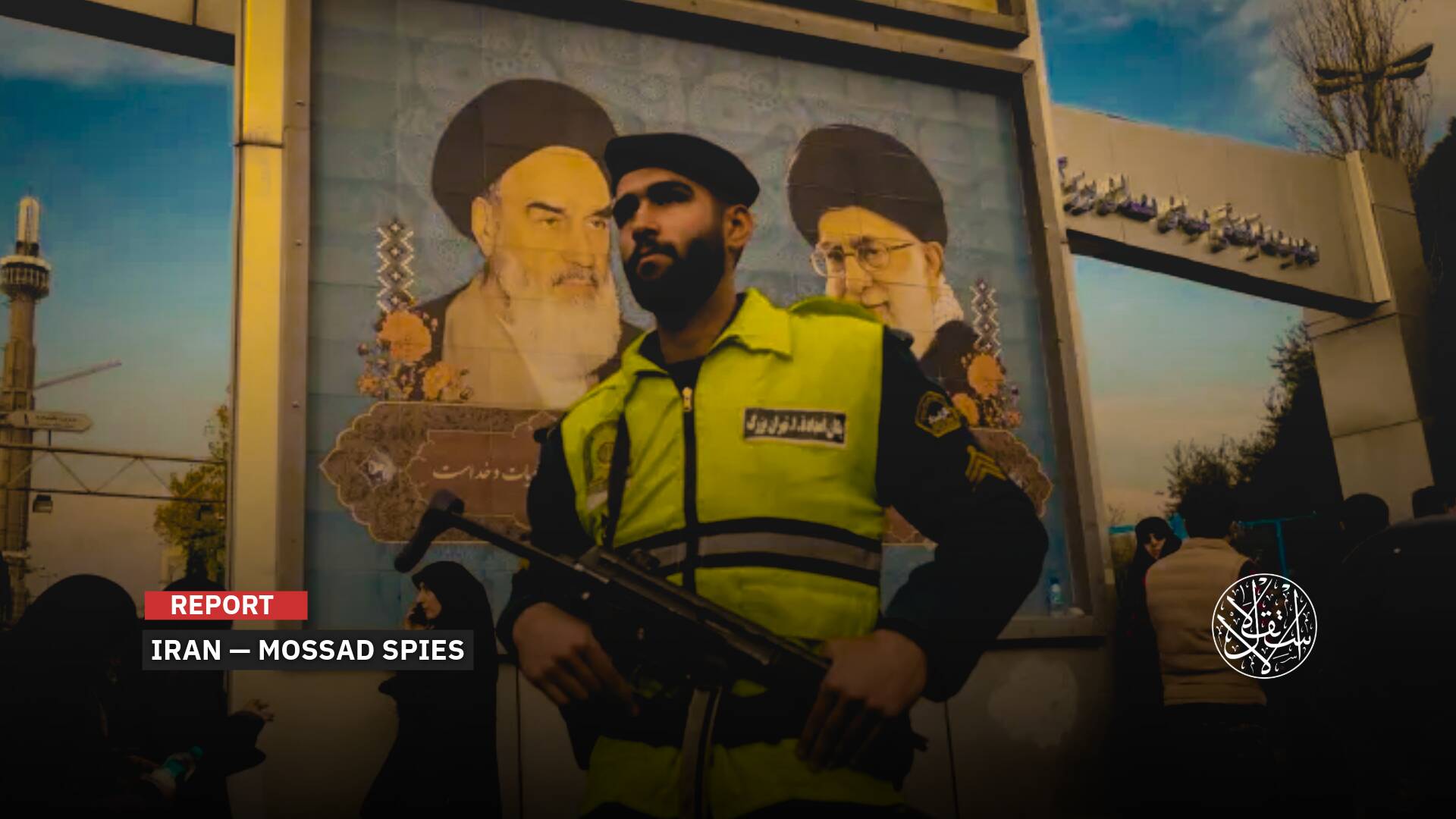School Pupils Fall Victims of Insecurity, after the Coup in Tunisia
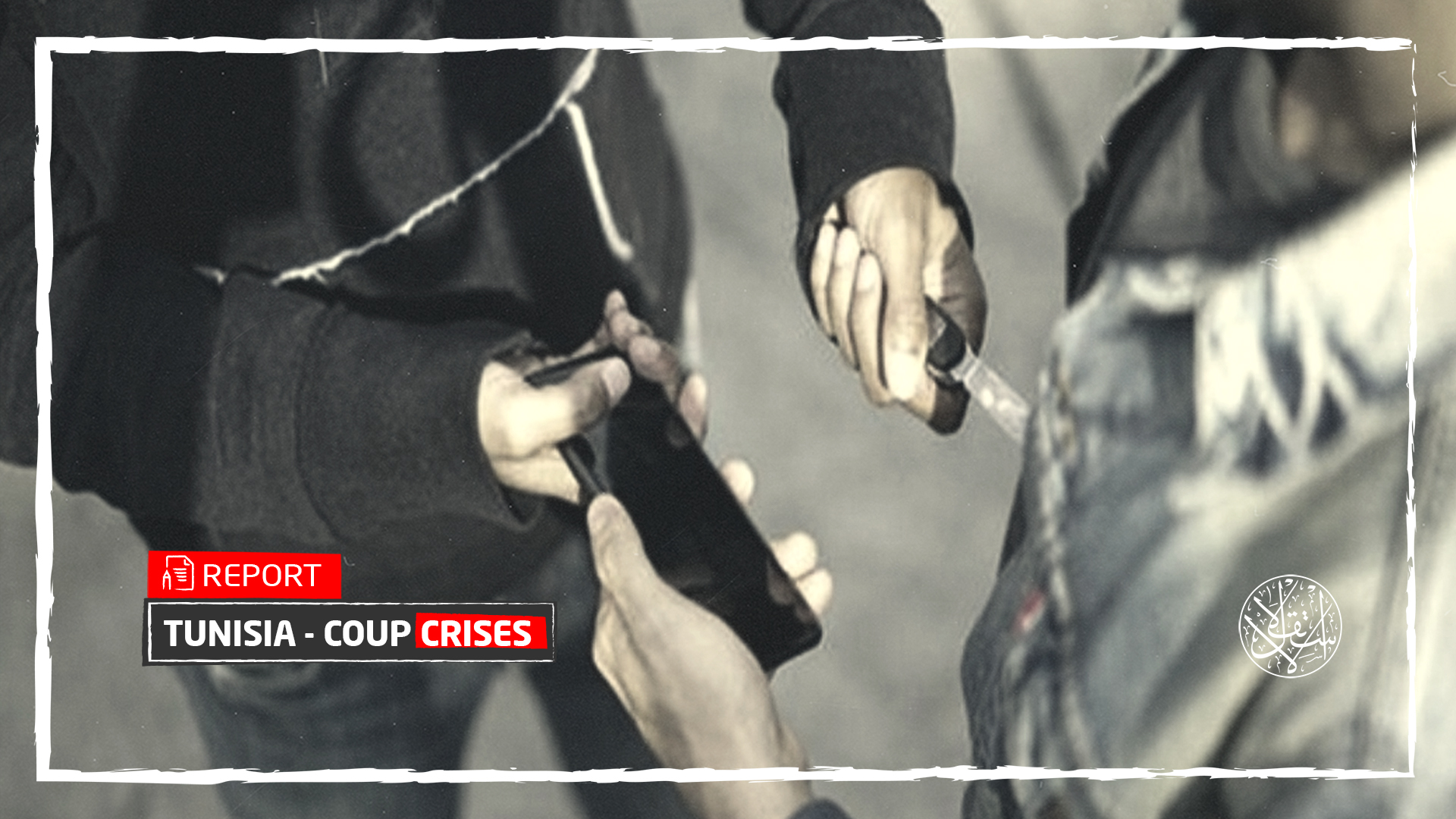
It is time to go back to school. On a bright sunny autumn morning, with a touch of frost, after parking the cars, tunisian parents are holding their children's hands heading to their classes. They are afraid of leaving them. After tunisian coup, and amid the insecurity situation, violence and robbery have become habitual actions in tunisian streets where children are among the victims of these crimes.
When you walk a little towards a neighborhood not far from the capital’s areas, you can see the primary schools in the Tadhamon neighborhood, the largest and most populous neighborhood in Tunisia. Here, you find a completely different scene. Most of the children usually go to schools on their own, and sometimes accompagned by their mothers. Because of the neglect of Tunisian Officials, and the absence of security after Kais Saied’s coup, young pupils are exposed to violence especially in front of schools.
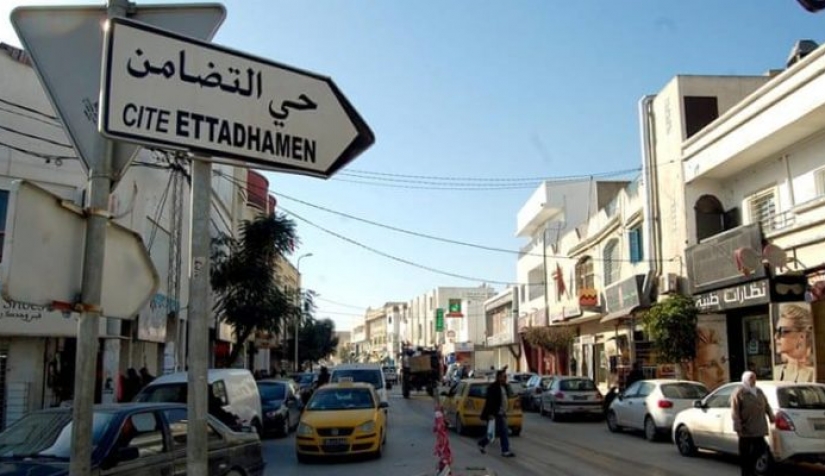
Echos of Miserable Political Situation
25th of July, 2021 was not a simple day for Tunisians after their president’s power grab. Kais Saied did not love screens and fame. Suddenly, he had become the most popular figure during that period. Being fed up with the catastrophic situation in the country, the Tunisian President fired the prime minister Hichem Mechichi, on that day, and froze the parliament. In doing so, he announced that he is the ruler from now until the reform of the new government. Before the presidential coup, the country had suffered at all levels and the biggest gap was the absence of security which led to violence, crimes, and gang formation.
After the President's decision, the Arab spring turned into a storm, and the pupils were the victims of this nightmare especially for those who live in popular neighborhoods. Their parents do not have cars to carry them to schools. Everyday, they take the risk to attend their classes.
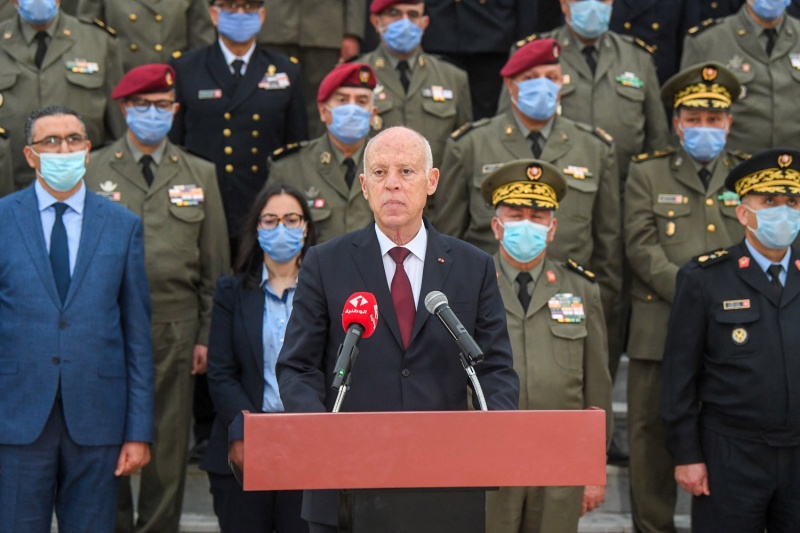
Taking the example of the Bahri neighbourhood, Wafa, a mother of two daughters, told Al-Estiklal that she prefers a school that is far from this neighborhood. For her daughters’ safety, she will move to a “ secure place “. According to Wafa, the robbery and violence has exacerbated since the presidential coup. Two of her neighbours were stabbed on their way back home. A boy in his twenties stopped them and asked for a cigarette. Without waiting for the answer, he stabbed the two boys with a knife, stole their mobile phones and ran away.
“ Thank God, they are fine now, but there are so many accidents everyday. Our children are in real danger. The pupils are threatened to be stolen or to be forced to take drugs and give their pocket money for that. There are some who do not want to attend schools anymore. Where is the government ? I think that the President has no time to protect his people, as he is busy looking for new crises.”
From Bad to Worse
It certainly has not been all smooth waters for Tunisia since the 2011 protests. Since the overthrow of Ben Ali, the country has experienced many crises. Governments were formed and overthrown several times. However the Tunisian public was able to overcome these crises which surprised the World. Reforms and changes have proven effective in preventing terrorist attacks, but couldn't stop violence and robbery especially against children in front of schools. This phenomenan is still growing on the way to and from schools.
Accordingly, it may lead to results that are totally opposite to school goals. To explain more, and based on the Italian Journal of Pediatrics, in “ The Physical, Psychological and Social impact of School Violence on Children'' article that is written by Pietro Ferrara, “ all forms of violence in schools infringe the fundamental right to education” and unsafety. Learning environments reduce the quality of education for all learners. In addition, pupils and adolescents that are exposed to violence will automatically miss classes, avoid school activities, playing truant or dropping out of school altogether. This in turn has a negative impact on their future education and Tunisia‘s employment prospects as pupils may achieve lower grades and may be less likely to continue their studies and go to higher education. After the governmental reforms, nothing has changed, unfortunately, violence rates have sparked “ a wave of indignation and fear.”
Al-Estiklal asked Professor Nabila Bourisha about Violent rates at the most populous schools in Tunis, the capital, and her answer was “ about 40 percent of the crimes are around schools, by adolescents and this is choking. We couldn’t protect our children out of school.”
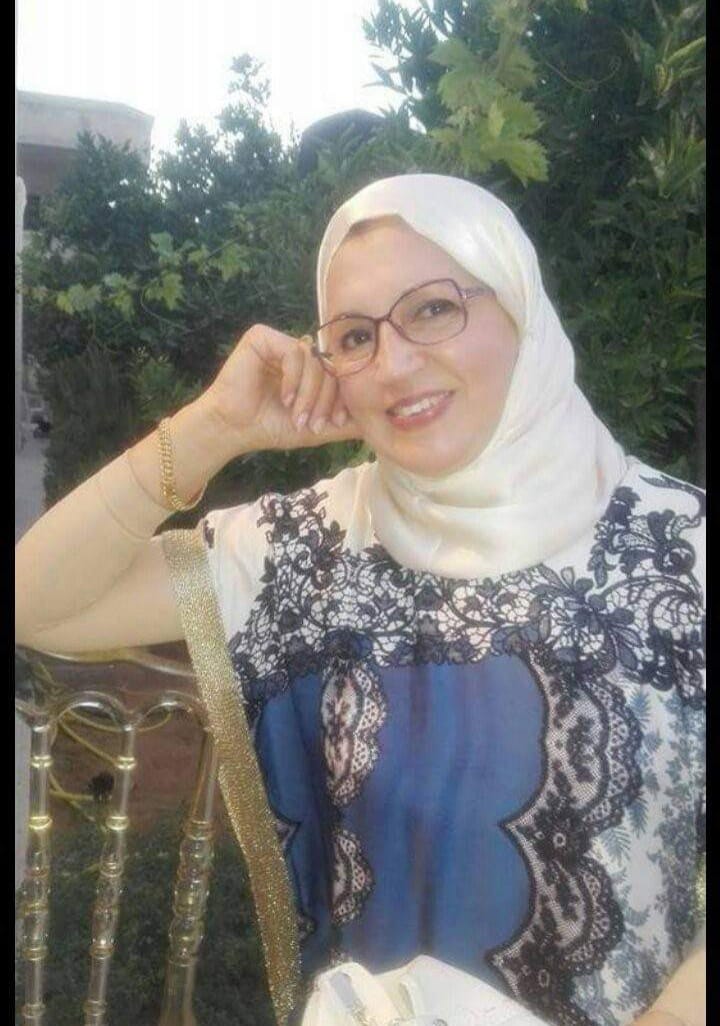
Reliable crime statistics are difficult to obtain. Taking things more general, and according to OSAC, in Tunisia 2020 Crime and Safety Report, “violent and nonviolent crime (e.g. personal robberies, petty drug offenses) occurs in Tunis and other large/tourist cities. Homicides and sexual assaults occur throughout Tunisia, more often in rural areas and impoverished neighborhoods.”
Any Solutions?
Do the security forces in Tunisia really need a law to protect children ? Middle East Monitor said that the increase in violent crime rates to, most notably "The weakening family ties and early school dropout made adolescents become victims of this phenomenon. Again, Professor Nabila stressed, in her interview to Al-Estiklal, on the importance of focusing on cultural and social activities and spreading a culture of rights and duties in order to maintain the psychological and educational balance of youngsters in Tunisia.
While some Tunisian psychologists like Abdelbasset Al-Fakih called on the Tunisian authorities “ to monitor cyberspace closely as well as educational institutions and the content of television drama in order to help reduce violent incidents and spot deviant tendencies in children in order to treat them,” as reported by MEM.
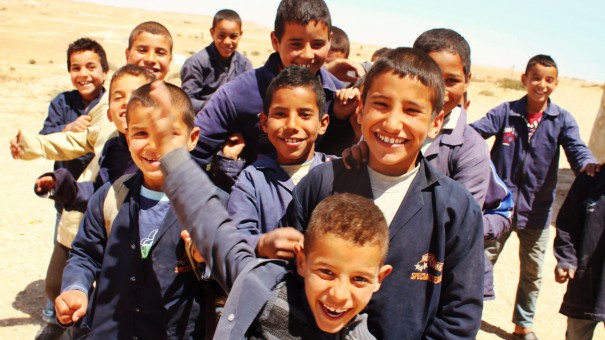
According to the same source the usual causes of crime such as unemployment, poverty, and the changing consumption patterns of society have had a great influence on the growth of violence in Tunisia," especially around and inside schools.
“The decline of social institutions responsible for raising and educating the youth in exchange for the rise of a culture that prioritises consumption” leads some individuals to commit crimes in order to obtain material benefits. According to MEM the restoration of effective security monitoring of society, and the extension of a balanced and reassuring political discourse” will certainly help in the decrease of violent crimes. Therefore, the country can assure a safe and healthy future.
Despite all that, Tunisia was and still the birthplace of the Arab Spring revolutions.


